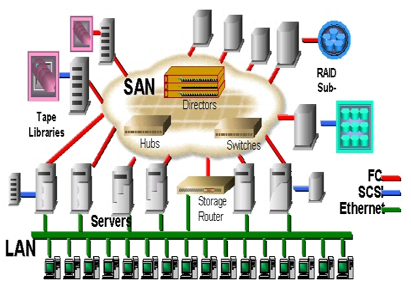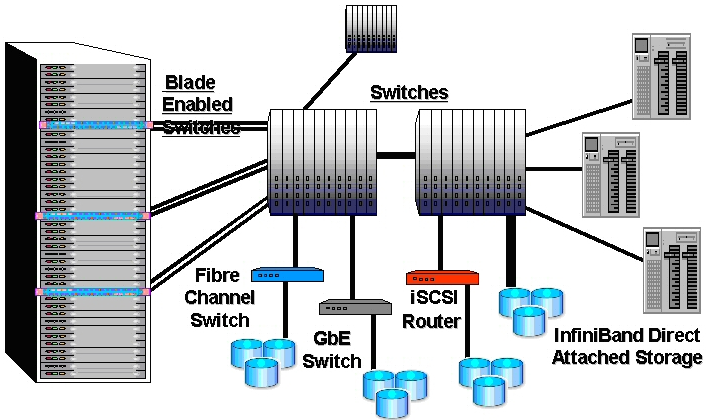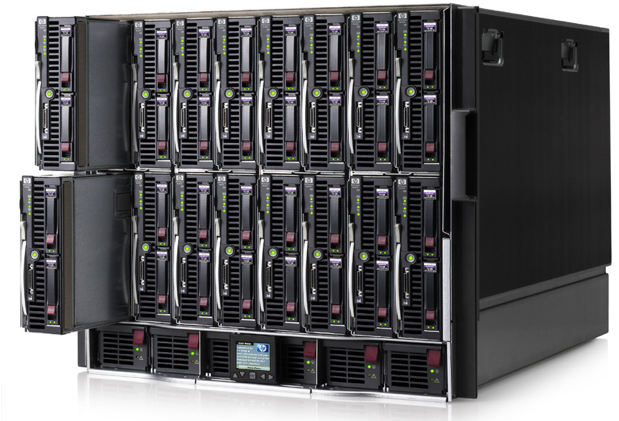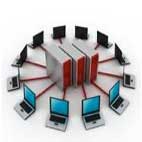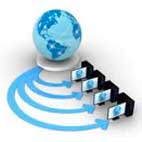OUR SERVICES
- Advanced Coding Systems
- Backup Systems
- Cloud Technology
- Contactless Smart Cards
- Credit and Debit Cards
- CRM
- Digital and Mixed Signals
- Electric Circuit Dev
- Hosting
- Integrated Retail Solutions
- Artificial Intelligence
- Linux Systems Developmet
- Loyalty
- Micro Processor Dev
- Network Developers
- Payment Solutions
- Point of Sale Development
- POS Software Development
- QR Code Technology
- RFID Cards & Systems
- Robotic Coding
- Server Deployment
- Shopping Cart
- Smart Phone Applications
- Software Development
- SSH SSL Development
RFID Cards Systems
RFID stands for Radio-Frequency IDentification. The acronym refers to small electronic devices that consist of a small chip and an antenna. The chip typically is capable of carrying 2,000 bytes of data or less.
The RFID device serves the same purpose as a bar code or a magnetic strip on the back of a credit card or ATM card; it provides a unique identifier for that object. And, just as a bar code or magnetic strip must be scanned to get the information, the RFID device must be scanned to retrieve the identifying information.
A significant advantage of RFID devices over the others mentioned above is that the RFID device does not need to be positioned precisely relative to the scanner. We're all familiar with the difficulty that store checkout clerks sometimes have in making sure that a barcode can be read. And obviously, credit cards and ATM cards must be swiped through a special reader.
In contrast, RFID devices will work within a few feet (up to 20 feet for high-frequency devices) of the scanner. For example, you could just put all of your groceries or purchases in a bag, and set the bag on the scanner. It would be able to query all of the RFID devices and total your purchase immediately.
RFID technology has been available for more than fifty years. It has only been recently that the ability to manufacture the RFID devices has fallen to the point where they can be used as a "throwaway" inventory or control device. Alien Technologies recently sold 500 million RFID tags to Gillette at a cost of about ten cents per tag.
One reason that it has taken so long for RFID to come into common use is the lack of standards in the industry. Most companies invested in RFID technology only use the tags to track items within their control; Prowzer is well acqainted with this technology and provide you solutions.
